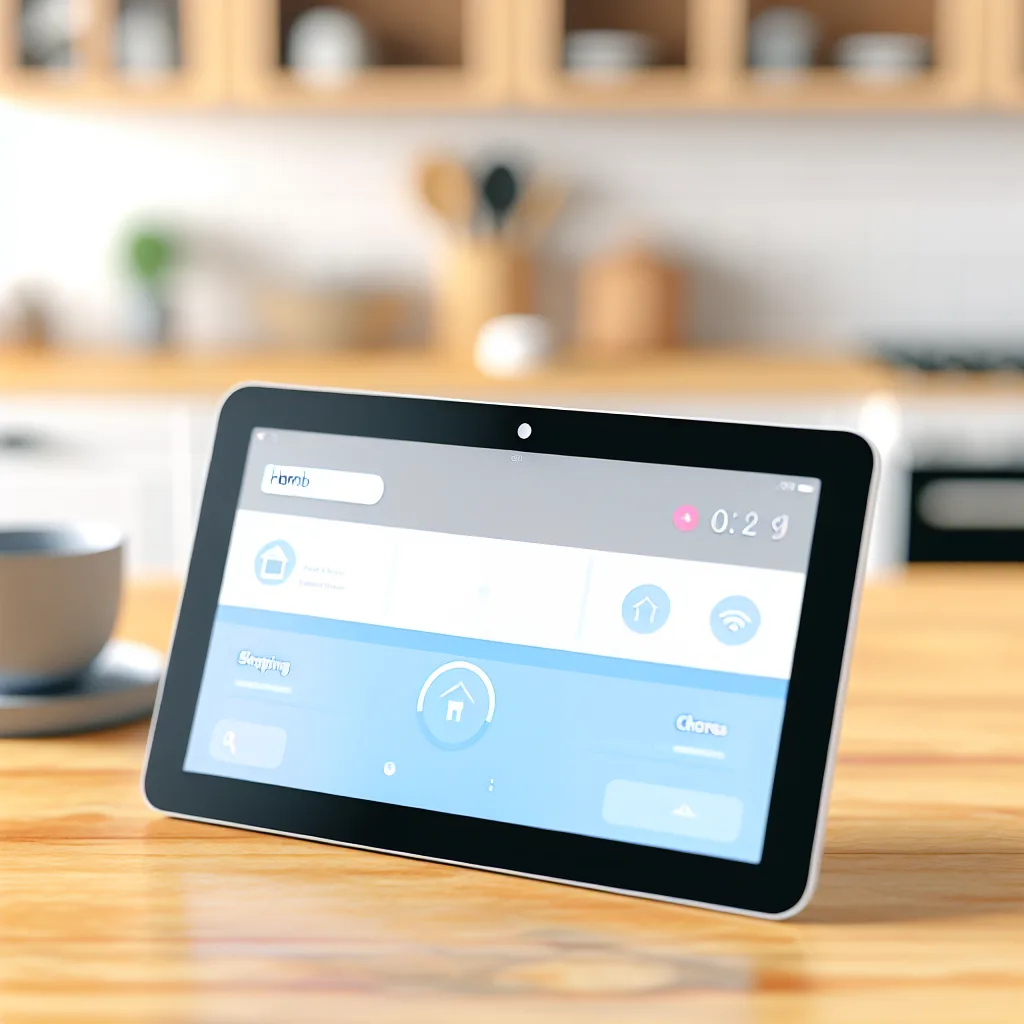Meet HomeHub: The lightweight, private, self-hosted family dashboard that simplifies everything from shopping lists to chores.
Let’s be honest, keeping a family organized can feel like herding cats. There’s the shopping list on a notepad, the chore chart on the fridge, reminders in one app, and shared notes in another. It’s a digital mess. What if you could have one central, private spot for all of it, right on your own home network? I stumbled upon a fantastic, no-fuss self-hosted family dashboard called HomeHub, and it’s quietly made our daily lives a lot smoother.
It’s not some big, complicated software. It’s the opposite. It’s a simple, clean interface that combines a bunch of the little utilities my family uses all the time, and because it runs locally, it’s completely private.
What is HomeHub? Your Own Private Command Center
At its heart, HomeHub is a simple web page that runs on a machine in your house. You can run it on a Raspberry Pi, an old laptop, or basically any computer using Docker, which makes the setup process much simpler. The entire idea is to create a lightweight and private self-hosted family dashboard that does a few key things really, really well, without the bloat of enterprise-level software.
The creator originally built it to run on an old Android device, which tells you just how lightweight it is. It’s designed for one purpose: to be a useful hub for your family, accessible from any browser on your home WiFi. No cloud servers, no data mining, no subscriptions. Just your data, in your home.
The Features That Make This Self-Hosted Family Dashboard Shine
HomeHub isn’t trying to compete with massive platforms like Notion or Asana. Its magic is in its simplicity and focus on common household needs.
The Everyday Organizers
This is the core of it for us. The dashboard includes three simple but essential tools that we now use daily:
* Shared Notes: A simple place to jot down things everyone needs to see.
* Shopping List: Anyone can add items. When you’re at the store, you just pull it up on your phone. It’s straightforward and it works.
* To-Do/Chore Tracker: Assigning and tracking chores without needing a separate app or a physical whiteboard.
The “Who’s Home?” Status Board
This is one of those brilliantly simple features I didn’t know I needed. On the main page, there’s a small section that shows who is currently at home. It’s a small touch that adds to the feeling of a central family hub.
Simple Expense Tracking That Makes Sense
I’ve tried complex budget apps, and they never stick. HomeHub has a simple expense tracker that’s perfect for small, recurring household bills. I use it to track our weekly milk delivery and newspaper subscription—things that are easy to forget but add up over time. You can set expenses to recur daily, weekly, or monthly.
A Few Extra, Handy Tools
Beyond the main organization features, it bundles in a few surprisingly useful utilities:
* A media downloader (it even works with Reddit videos)
* A recipe book to save your favorite meals
* An expiry tracker for pantry items
* A URL shortener and QR code generator for your home network
Getting Your Own Self-Hosted Family Dashboard Running
The best part is that this isn’t some expensive subscription service. It’s a free, open-source project you can set up yourself. The whole thing lives on a platform called GitHub, and you can find it right here: HomeHub on GitHub.
For those familiar with Docker, getting it running is incredibly straightforward. If you’re new to this world, the idea of “self-hosting” might sound intimidating, but it’s becoming more accessible than ever. It’s essentially about running your own software on your own hardware, giving you complete control and privacy. You can learn more about the basics of self-hosting here.
Customization is done through a single, simple configuration file. In it, you can add your family members’ names, toggle features on or off, and even change the theme colors.
Why Simplicity Wins
We’ve all tried those all-in-one apps that promise to organize your entire life, only to abandon them because they’re too complicated. HomeHub skips the complexity. There are no individual user accounts to manage. You just define your family members in the configuration file, and they can select their name when they use it. You can add a single password for the whole dashboard or, if it’s only on your secure home network, run it without one.
If you’re looking for a simple, private, and effective way to bring a little order to the family chaos, I’d really recommend checking out HomeHub. It’s a perfect weekend project that delivers real-world value every single day. It’s the kind of self-hosted family dashboard that proves you don’t need a complicated system to get organized—you just need the right one.
